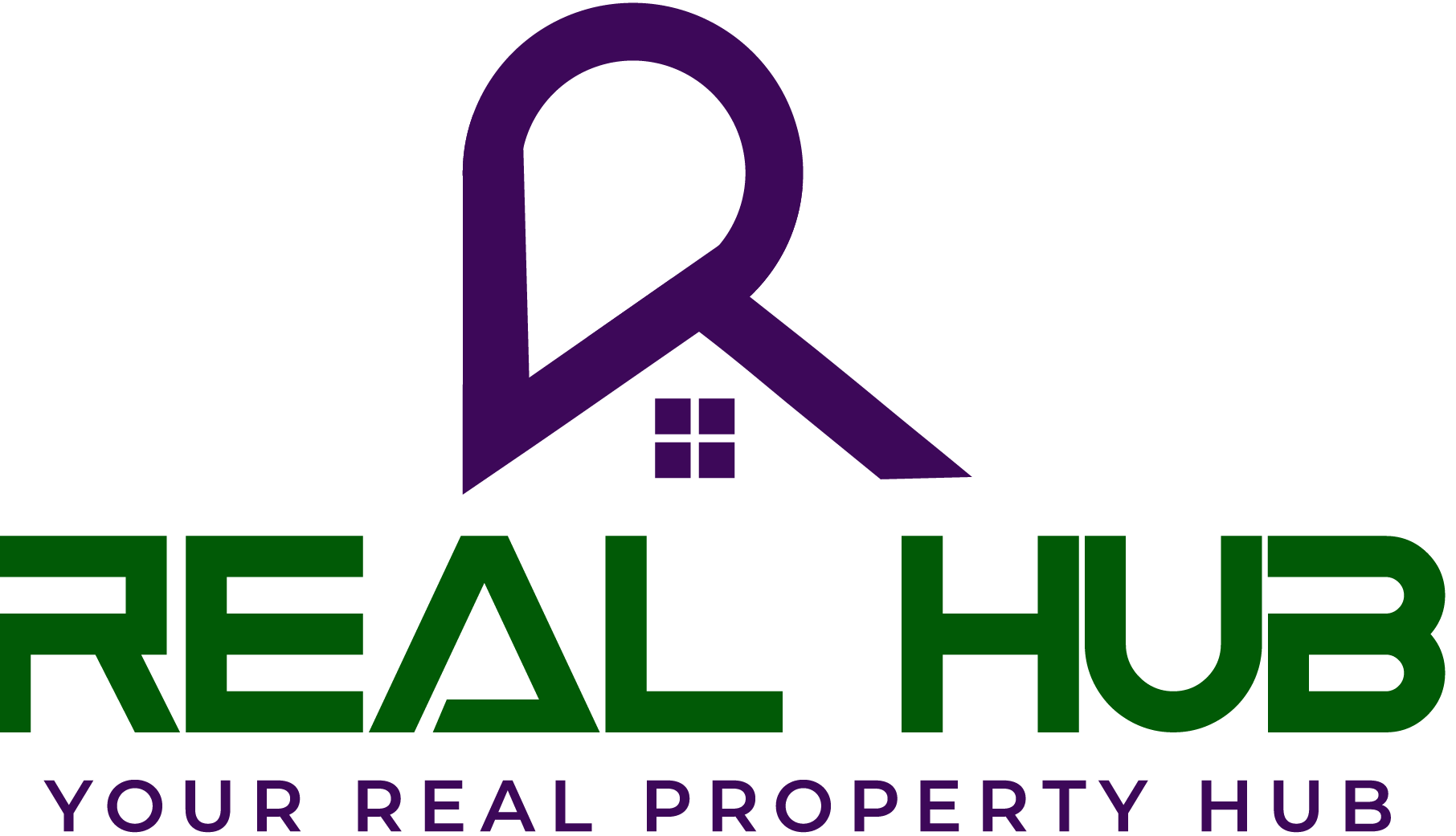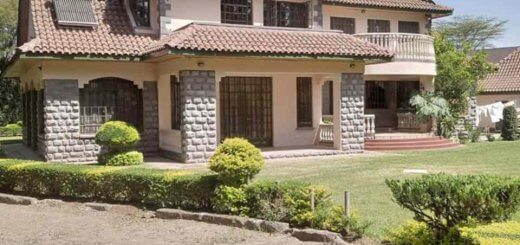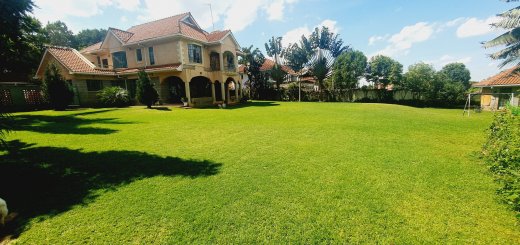How to Buy a House in Kenya in 6 Easy Steps

Buying a house is a significant process that demands capital, patience, and thorough due diligence. As such, you cannot just walk into town with a sackful of cash and buy a house in Kenya.
There is a gradual process you should follow, from selecting an ideal property up to the title transfer. Also, since government agencies are intimately involved in real estate deals, you must have an experienced advocate by your side.
Here are the critical steps for buying a house in Kenya:
1. Determine Your Finances

Whether you plan to build or buy a developed property, owning a home is a big investment. While the latter is the costlier alternative, you can get a house in a desired neighborhood in record time.
Before you start the buying process, find out the expected costs of buying a house. For instance, you must budget for statutory payments and legal fees like a title search, stamp duty, and home insurance.
Additionally, determine whether you’ll buy the house using cash or a mortgage. You can get a slightly lower price on the property using cash payments. Also, selling the home will be straightforward as you aren’t weighed down by prolonged interest payments.
On the other hand, using a mortgage allows you to make payments for longer. The upside is that you can retain liquidity and sort out other expenses, such as furnishings and repairs. Generally, you should determine whether your monthly earnings will support a mortgage before using the option to buy a house in Kenya.
2. House Hunting
Once you have a solid estimate of costs, you can start searching for affordable houses in Kenya. The traditional method would be to conduct multiple site visits on properties and enquire about a vacancy. However, this method is exhausting, and you’ll spend a lot of time covering a sizeable town.
Consider engaging a real estate agent with access to multiple properties. Additionally, online searches compile an extensive list of homes in your desired city.
While searching for a house, have a checklist on hand. Naturally, you should buy a home that fits your needs and those of your family. Therefore, check for appropriately sized houses and the kind of amenities on the property.
Furthermore, you should consider whether you will use the house for long-term or short-term stays to decide between a freehold and leasehold arrangement.
Also, check for homes that have been fitted out or not. Furnished houses are relatively expensive but will save you the hassle of designing your interior living space.
3. Engage a Conveyancer and Agent to Buy a House in Kenya
A conveyancer is a qualified advocate who specializes in all matters real estate. The advocate will assist you during a property search on your desired house to avoid homes with disputes or ongoing loan repayments. Moreover, if you will be dealing with a real estate company, the advocate will help you with background checks on directors and shareholders.
The conveyancer is also crucial when drawing up a sale and purchase agreement. Furthermore, they will review other legal documents involved in the buying process.
Another crucial role of an advocate is handling payments associated with property purchases. Your lawyer will also have an active role at the negotiating table to help you get the best offer for the property.
While an experienced lawyer provides invaluable legal advice, a real estate agent furnishes you with critical property advice to buy a house in Kenya. They will help you find golden opportunities and delectable house prices.
4. Home Inspection
Once you’ve identified the perfect spot to settle down, it’s easy to get carried away and make an offer. But who wouldn’t, as such gems can quickly get snapped up by a more prepared buyer? However, you must first ascertain that the house is in good condition before purchasing it.
Ideally, your real estate agent or advocate should have links with a trustworthy home inspector. The reason for hiring one is to assess the structural integrity of your potential home, ventilation systems, plumbing, wiring, and general safety of the house.
A qualified inspector will then prepare a report detailing any issues found on the property. This report will be crucial when you are negotiating the final price of the house. If the house is in bad shape, you may forego that property or ask for a reduced price from the seller.
5. Making Your Offer and Payment Procedures
Naturally, any seller will seek the highest possible price, whether in houses, cars or service delivery. On the other hand, a buyer will demand the lowest price. Therefore, a lawyer or agent will guide you on the best price for the house based on the state of the property and prevailing market prices.
Your agent will draft a letter of offer to the seller, who will then accept, decline or make a counter. Ideally, your figure should be at least 5% lower than the initial asking price, so you have enough headroom for further negotiations.
Other details in the offer letter are the down payment amount, expiry date of the offer, conditions for the seller, and closing costs for third parties.
Once the seller agrees to the offer, both parties can finalize the deal to buy a house in Kenya. The closing cost is paid to the lawyers and agents involved before closing the deal. After that, you can await the title transfer and the keys to your new home.
6. Moving In
The title transfer cements your home ownership status. You can now engage a moving company to shift your belongings to your new home. In the case of a furnished house, you only need to walk into your new home.
The Takeaway
Before you buy a house in Kenya, you must engage the right people to help you throughout the process. For instance, real estate agents have an extensive index of properties in major towns across the country.
Additionally, experienced lawyers have handed plenty of real estate deals to know the dos and don’ts of buying property. Therefore, get ready to become the newest homeowner as these agents guide you through the steps of buying a house in Kenya.



